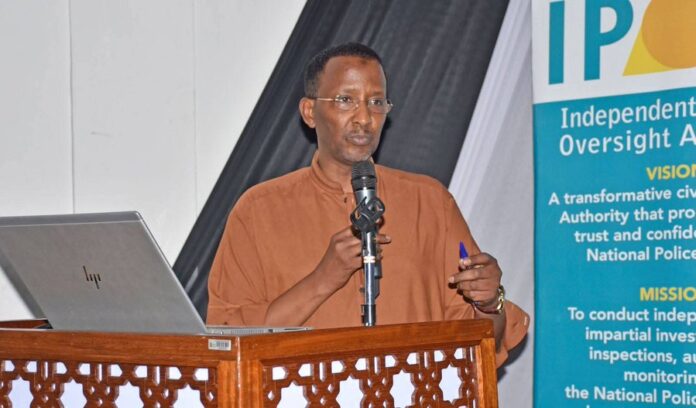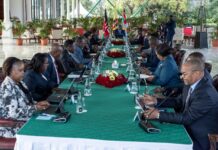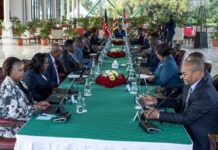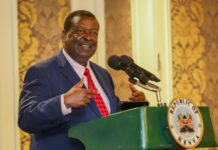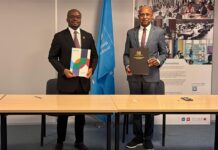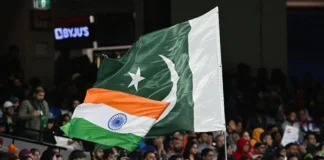The Independent Policing Oversight Authority (IPOA) has launched a Sh13 billion strategic plan aimed at strengthening police accountability, professionalism, and respect for human rights over the next six years.
The plan, unveiled on Tuesday, September 17, will guide IPOA’s work through 2030, a period that will include the upcoming general elections.
Chief Justice Martha Koome welcomed the plan, describing it as a reaffirmation of Kenya’s constitutional vision of justice and accountability.
“Justice begins at the very first point of contact between citizens and the police. If that encounter is abusive or unlawful, justice is already compromised,” said Koome. “IPOA exists to safeguard justice at that point of contact, by ensuring policing remains professional, accountable, and rights-based.”
He said the authority will lobby Parliament, the Treasury, and development partners to bridge the shortfall.
“To bridge this gap, we will continue to lobby parliament and the Treasury for funding while actively engaging development partners on resource mobilisation,” Hassan said.
The United Kingdom and the United States pledged their support for IPOA’s mission.
Acting British High Commissioner Ed Burnett said the plan aligns with the UK–Kenya strategic partnership signed in July, stressing that “police accountability is not merely a technical issue; it’s a cornerstone of democratic societies.”
Maureen Mimnaugh, Director of International Narcotics and Law Enforcement at the US Embassy, added that collaboration would be critical: “We look forward to watching IPOA leverage this strategic plan to ensure Kenyan law enforcement agencies are upheld to the highest standards of professionalism and protection of human rights.”
The launch comes against the backdrop of a deadly crackdown on protests earlier this year.
Amnesty International Executive Director Hourghton Irungu noted that at least 115 protesters were killed, including more than 40 during the July 7 (Saba Saba) demonstrations.
“This strategic plan comes at the end of one of the deadliest seasons of violent policing since the 1950s,” Irungu said. “It gives us a moment for reflection, not just for the human rights community but also for state agencies, particularly the National Police Service.”
Since its inception, IPOA has secured the conviction of at least 40 police officers, though it continues to face challenges including an overstretched workforce of only 77 investigators, lack of cooperation from police officers, and low public trust.
In a bid to restore confidence, IPOA said it will introduce an Outstanding Police Officers Award to recognise exemplary service in the force.
The National Police Service, represented at the launch by Charles Otieno, welcomed the plan, saying it complements its efforts to enhance professionalism and uphold human rights.
Vincent Chahale, Director of the International Justice Mission in Kenya, urged stakeholders to look beyond human rights violations alone: “At the premises of any meaningful human development is an efficient policing system. And for us to have that, we must also have an efficient oversight system.”









